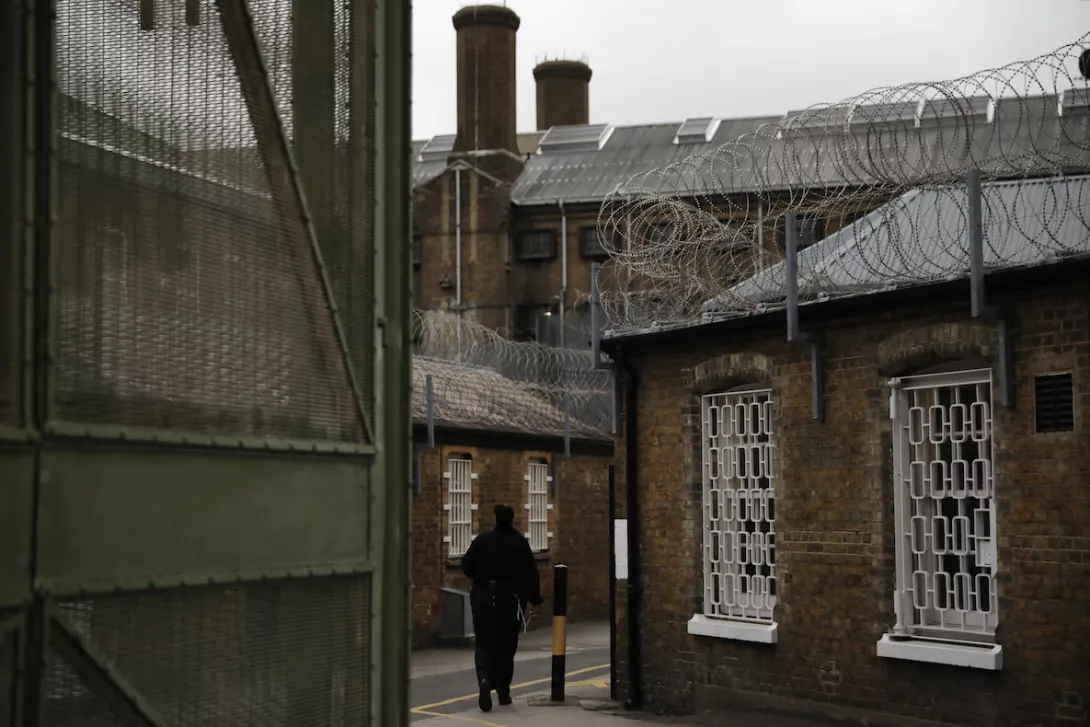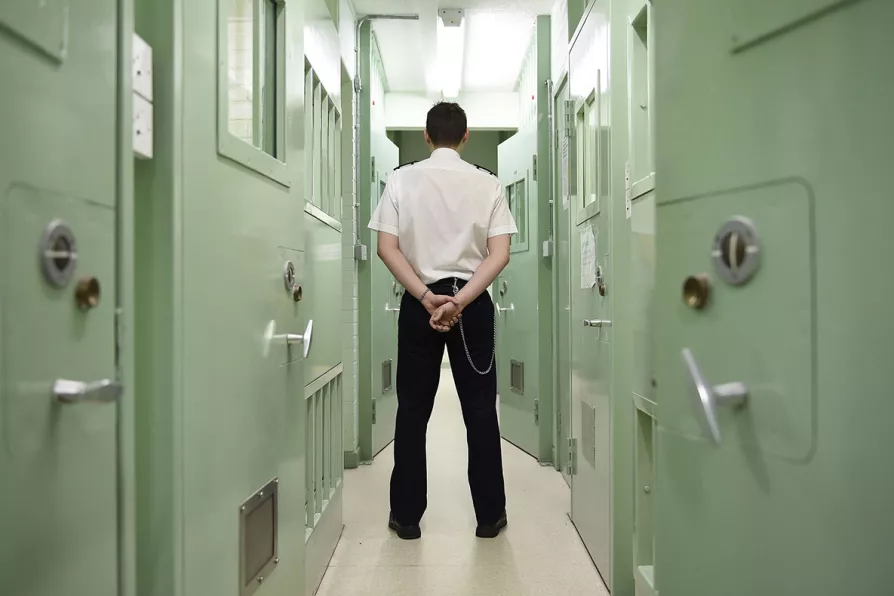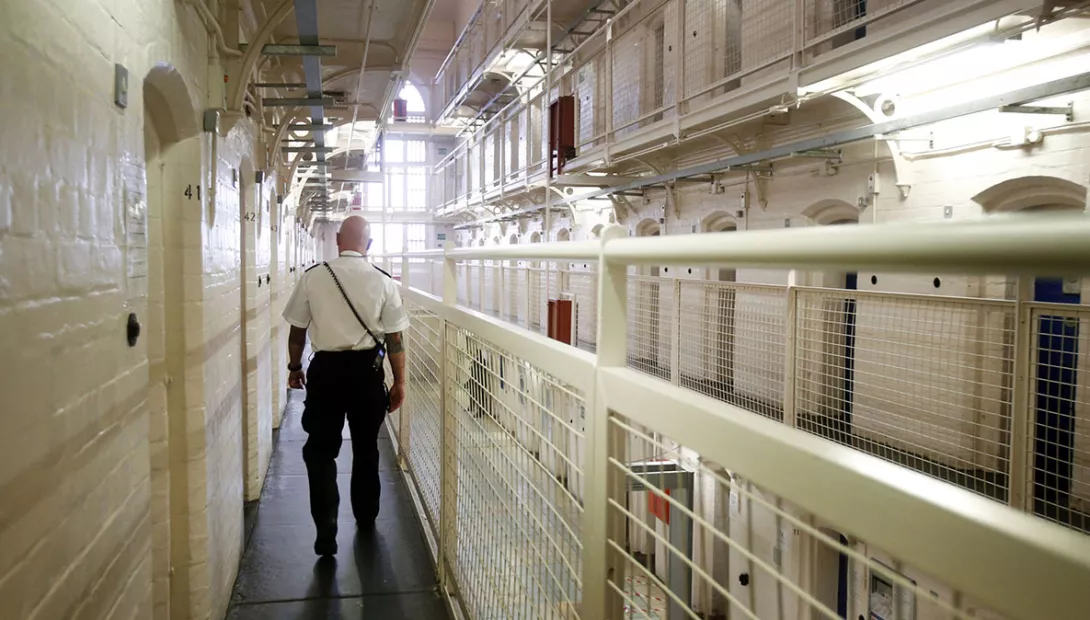The proxy war in Ukraine is heading to a denouement with the US and Russia dividing the spoils while the European powers stand bewildered by events they have been wilfully blind to, says KEVIN OVENDEN
Three decades of injustice and exploitation
Stripped of their industrial muscle and left at the mercy of ministers and management, prison officers have been pushed way beyond breaking point, warns STEVE GILLAN
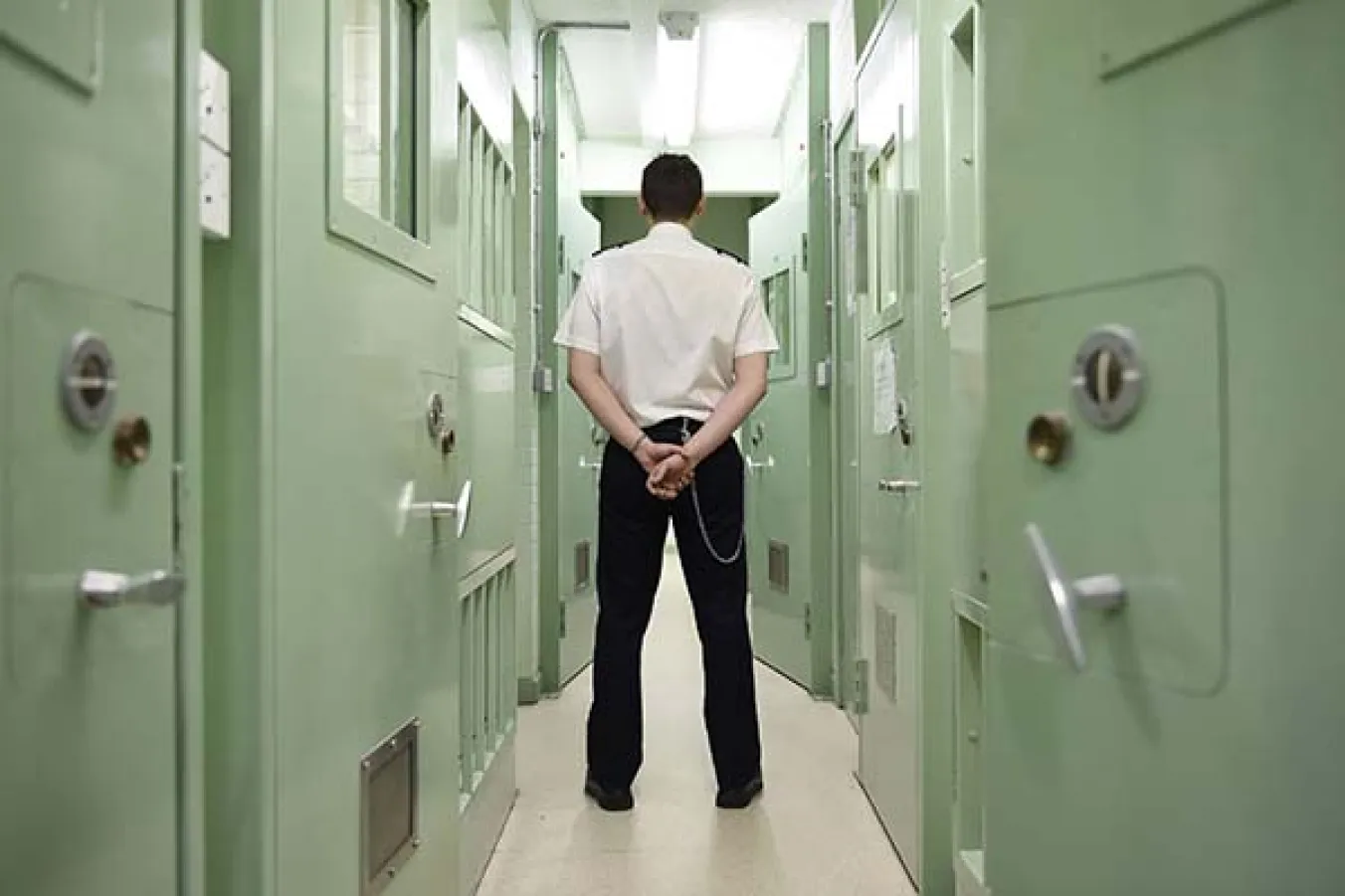
THE Prison Officers Association (POA) has long warned it’s impossible for the government to build its way out of the prison capacity crisis.
Instead we believe the billions of pounds earmarked for new jails should be invested in the ones we already have and in community support to reduce offending.
It’s therefore disappointing that the new Labour government is continuing the Tories’ programme of building a new generation of mega-prisons, each holding up to 2,000 inmates and run by the private sector for profit, when we know smaller units run by the public sector for public good are far more effective in supporting rehabilitation.
More from this author
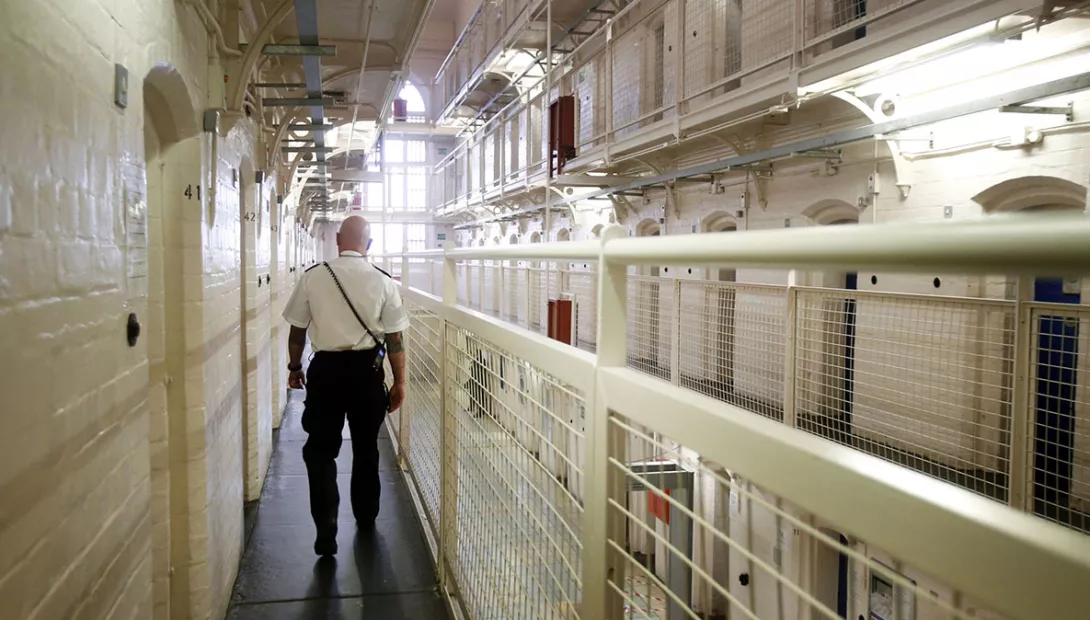
Tory austerity triggered a crisis in our jails and only a decisive break from the past can turn this around, explains STEVE GILLAN
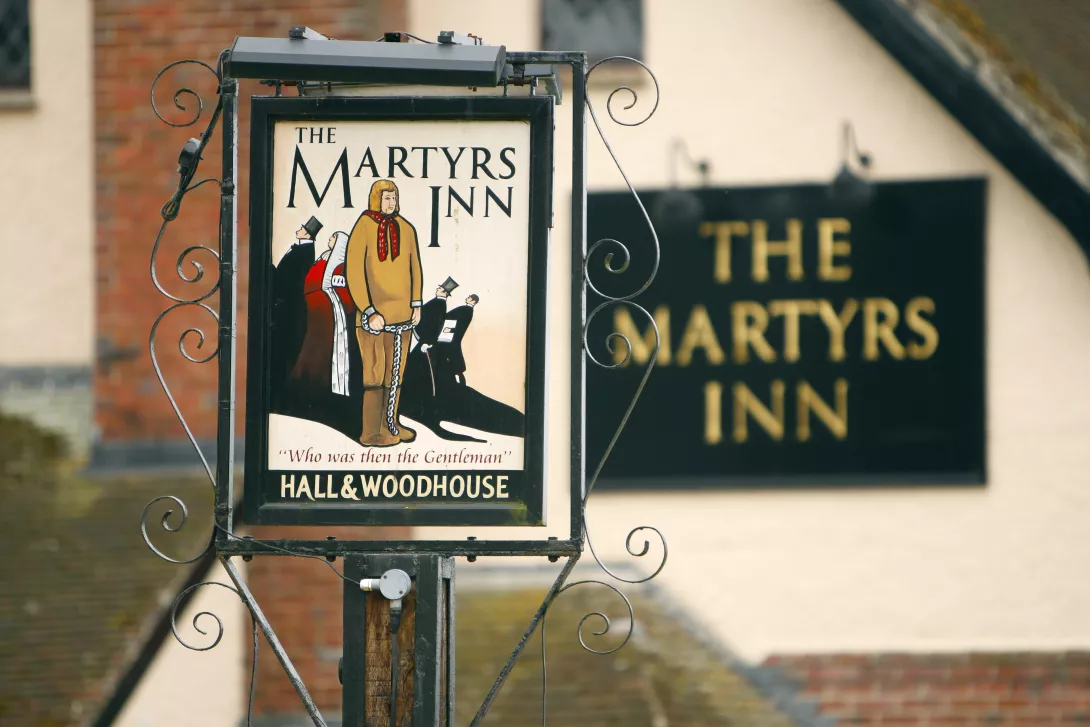
We can take inspiration from our forebears and win the repeal of anti-worker legislation and bring about fair pay and decent public services for all, says STEVE GILLAN

The pressure is now on the government to deliver its promises, and that pressure is not just from the unions, but from a working class that will look to the right if things under Labour don’t markedly improve, writes STEVE GILLAN
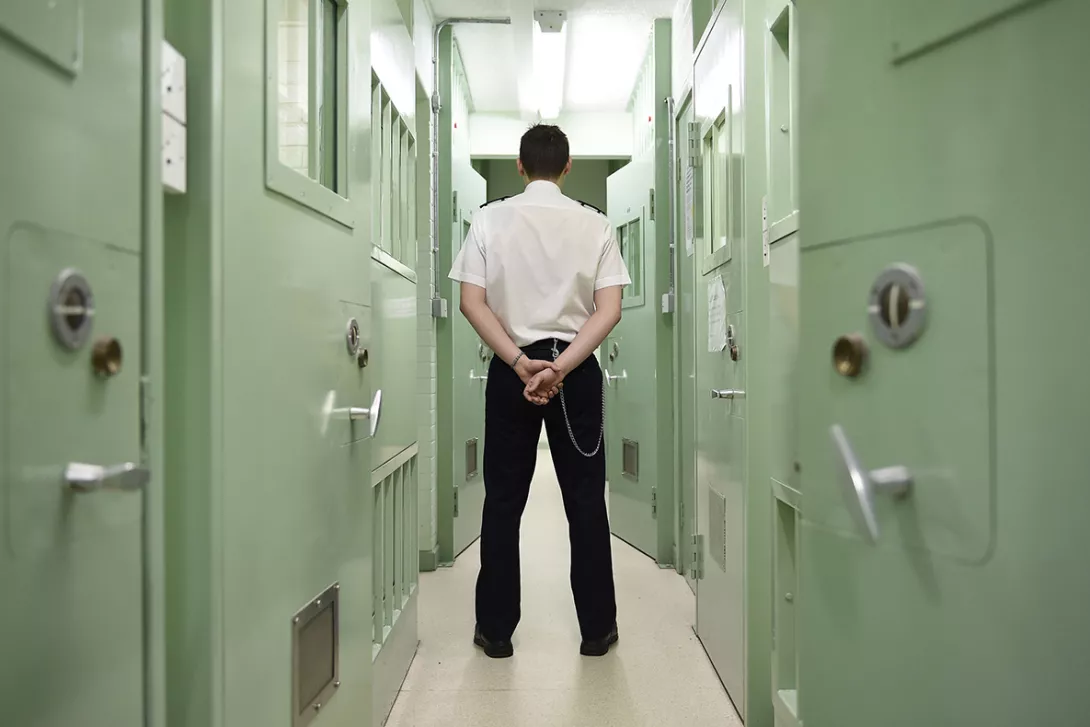
Prisons should be a place for rehabilitation that keep everyone inside them safe — instead, they are little more than crowded warehouses, chronically underfunded and their staff dangerously overworked, writes STEVE GILLAN
Similar stories

Tory austerity triggered a crisis in our jails and only a decisive break from the past can turn this around, explains STEVE GILLAN










